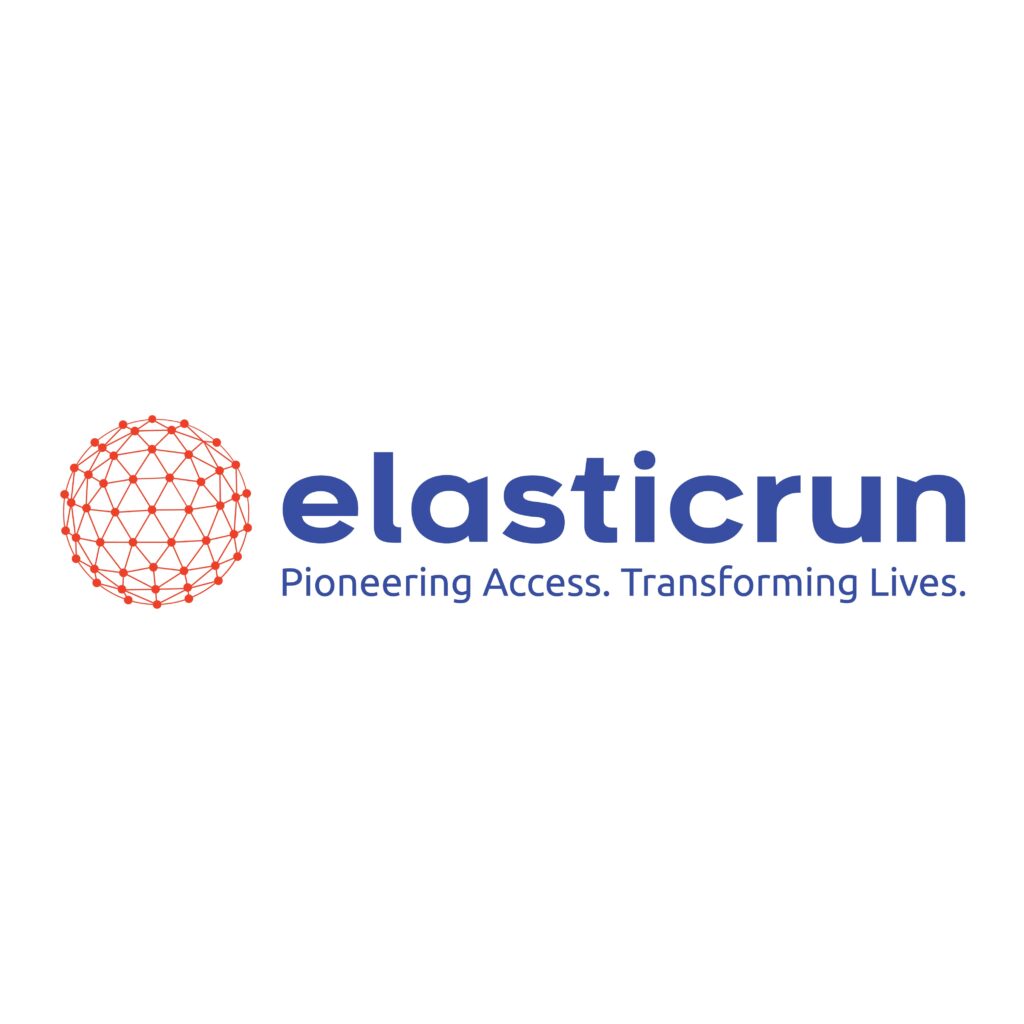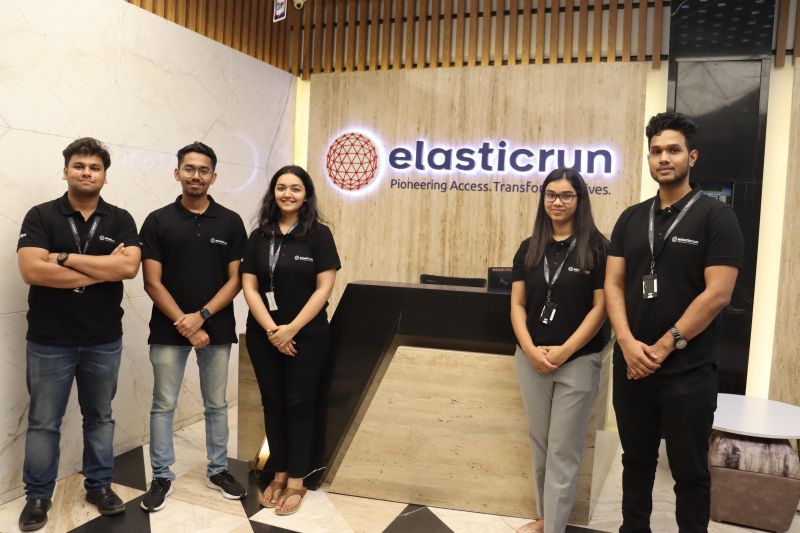ElasticRun, an Indian unicorn, is changing the dynamics of rural retail by enabling kirana stores in remote areas to procure goods seamlessly. With a lean, asset-light model, it has become the backbone for rural FMCG distribution in India. This case study examines ElasticRun’s journey, strategic moves, and operational efficiency, providing business insights for entrepreneurs, business students, and corporate leaders.

1. Background & Market Context
- Rural Retail Landscape: India has over 12 million kirana stores, with around 10 million in rural areas lacking regular access to essential FMCG products.
- Problem Statement: Due to high logistics costs, low demand density, and logistical barriers, distributors struggle to serve these rural areas efficiently, resulting in significant missed opportunities for both retailers and FMCG companies.
Insight: ElasticRun identified a vast, underserved market, seeing potential in rural India’s growth rate (15% annually) compared to urban markets (3-5%).
2. ElasticRun’s Asset-Light Business Model
- Micro-Distribution Network: ElasticRun collaborates with local kirana stores as micro-warehouses, minimizing the need for large storage facilities.
- Flexible Logistics Partnerships: By working with local logistics providers on an on-demand basis, ElasticRun avoids high fixed costs and maximizes resource utilization.
Lesson in Operations: Asset-light models allow businesses to scale without incurring heavy fixed costs. ElasticRun exemplifies efficient, scalable logistics by leveraging partnerships and technology.
3. Value Proposition for Stakeholders
- For Kirana Stores: Reduced downtime and logistics costs, with orders delivered directly to stores, transforming the local retailer’s experience.
- For FMCG Companies: ElasticRun expands FMCG companies’ reach into rural areas where traditional distribution falls short, creating new revenue channels.
Marketing Lesson: A strong value proposition for both suppliers and end customers fosters loyalty and growth. ElasticRun serves as a bridge, amplifying accessibility and convenience for all parties.

4. Key Strategic Partnerships and Market Penetration
- Integration with E-commerce: ElasticRun partners with companies like Flipkart and Meesho to deliver goods to rural consumers, cutting delivery costs by up to 30%.
- Financial Partnerships for Credit: Partnering with NBFCs and banks to extend credit to kirana owners, ElasticRun enables faster inventory turnover and improves cash flow without extending its own credit.
Lesson in Strategic Finance: Partnering with financial institutions allows ElasticRun to offer financing benefits without increasing its own financial liabilities.
5. Data-Driven Strategy for Competitive Advantage
- Retail Data Monetization: ElasticRun gathers data on rural buying patterns, selling this intelligence to FMCG companies to help tailor their distribution strategies.
- Customer Insights for Sales: By tracking kirana purchasing behavior, ElasticRun can forecast demand, optimize inventory, and improve supply chain efficiency for FMCG brands.
Data Analytics Insight: Leveraging data for actionable insights offers a competitive advantage. ElasticRun’s data-driven model aids FMCG companies in making informed decisions, enhancing ElasticRun’s role as an indispensable partner.
6. Sustainability and Long-Term Profitability
- Zero-Credit Policy: ElasticRun’s no-credit sales model reduces financial risk, ensuring a positive cash flow cycle.
- Revenue Growth: As of FY23, ElasticRun’s revenue was ₹4,755 crore, a 25% increase year-over-year, highlighting the growth potential in rural markets.
Financial Sustainability Lesson: A zero-credit policy ensures liquidity and reduces bad debt risks, a key takeaway for businesses in high-volume, low-margin markets.

7. Challenges and Potential Roadblocks
- Operational Risks: Dependence on micro-partnerships and third-party logistics poses risks if partners fail to meet service quality or availability standards.
- Regulatory Concerns: Operating as a software provider rather than a logistics company may expose ElasticRun to regulatory scrutiny, particularly as it scales.
Risk Management Insight: Balancing growth with risk management in third-party partnerships is crucial, especially in highly regulated sectors. ElasticRun must strengthen oversight to ensure reliable operations.
Conclusion: Key Takeaways for Business Students and Entrepreneurs
ElasticRun’s journey provides critical lessons in operational scalability, asset-light business models, and data monetization. By addressing rural India’s unique challenges, ElasticRun has created a resilient, high-growth model that holds significant relevance for emerging markets worldwide. For top B-school students and aspiring entrepreneurs, ElasticRun exemplifies how innovative logistics, stakeholder value alignment, and data-driven strategies can collectively transform underserved markets.
Leave a Reply